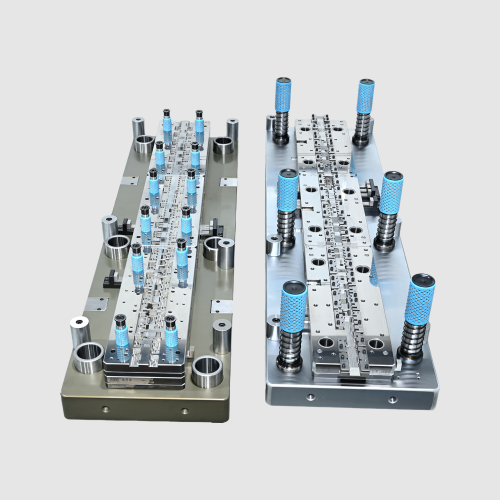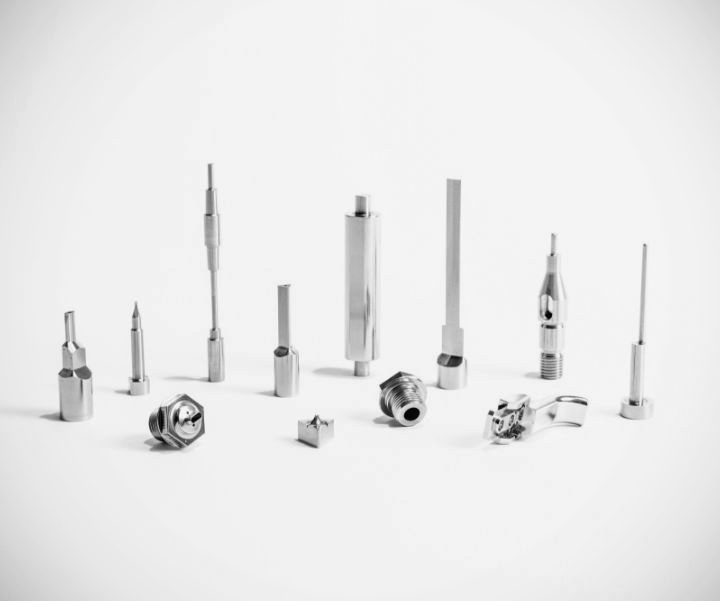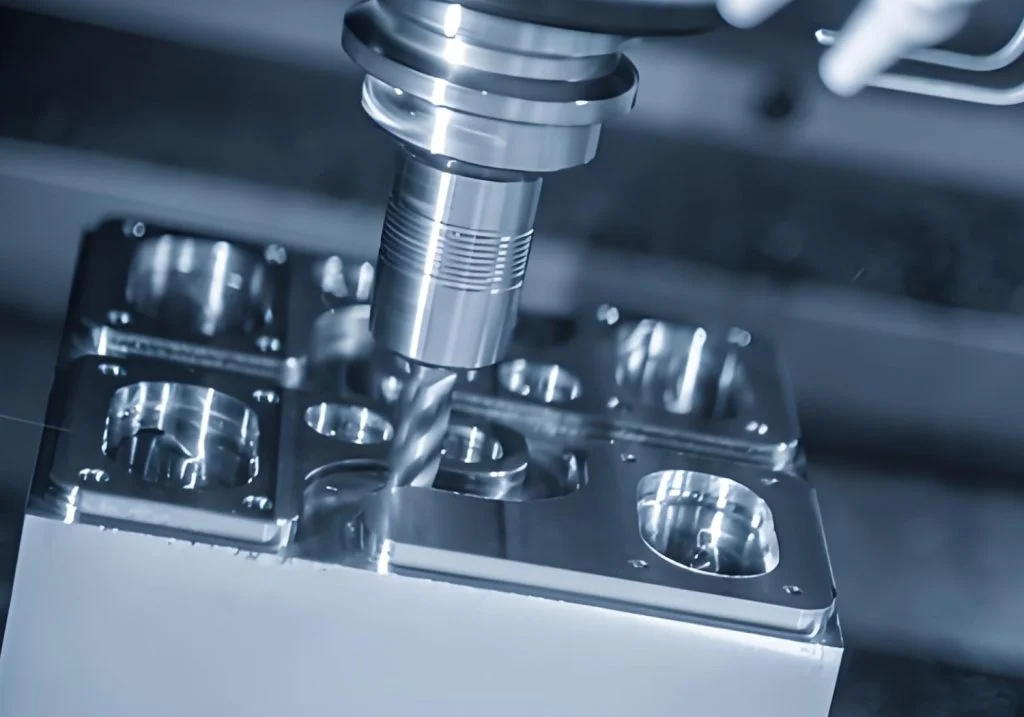CNC technology has revolutionized the production of Precision Machining Parts. Its introduction allows manufacturers to achieve higher accuracy, faster production, and reduced material waste. Companies across various industries are increasingly relying on CNC systems to maintain a competitive advantage. From aerospace to electronics, Precision Machining Parts require tight tolerances that manual methods cannot consistently deliver. CNC machines automate complex processes, enhancing efficiency while minimizing human error. Consequently, the technology reshapes modern manufacturing workflows, making precision-machining parts more reliable and consistent for global supply chains.
Enhanced Accuracy and Consistency
CNC machines provide unmatched precision for machining parts with high accuracy. Automated controls ensure every cut meets strict specifications. Unlike manual methods, CNC reduces variability between parts. This consistency is critical in industries such as automotive and medical devices. Additionally, CNC systems enable real-time monitoring, allowing for the immediate correction of deviations. As a result, manufacturers achieve higher quality standards while reducing defective outputs. The ability to replicate designs exactly improves productivity and strengthens confidence in Precision Machining Parts across all applications.
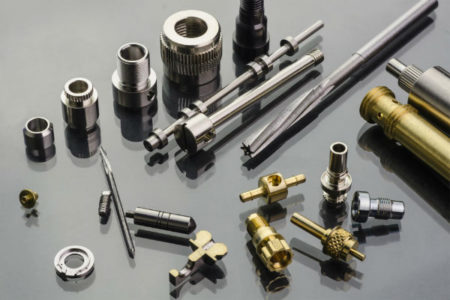
Reduced Production Time
Time efficiency is a major advantage of CNC technology. By automating repetitive tasks, CNC machines significantly reduce production cycles. Multiple operations, including drilling, milling, and turning, can be performed in a single setup. This consolidation shortens lead times and allows quicker response to market demands. Manufacturers can handle complex designs without extra labor costs. Furthermore, CNC systems facilitate faster prototyping and iteration. Consequently, businesses can deliver high-precision components to clients more rapidly while maintaining quality and accuracy.
Lower Material Waste
CNC machines optimize material usage, reducing waste in the production of precision machining parts. Precise cutting paths ensure minimal scrap and efficient utilization of raw materials. Manufacturers benefit from lower operational costs and more sustainable practices. Additionally, software-driven simulations help plan cuts and predict material behavior before actual production. This foresight minimizes errors and maximizes yield. Reducing material waste also supports environmentally conscious manufacturing initiatives. Therefore, CNC technology not only improves precision but also enhances sustainability in the production of precision machining parts.
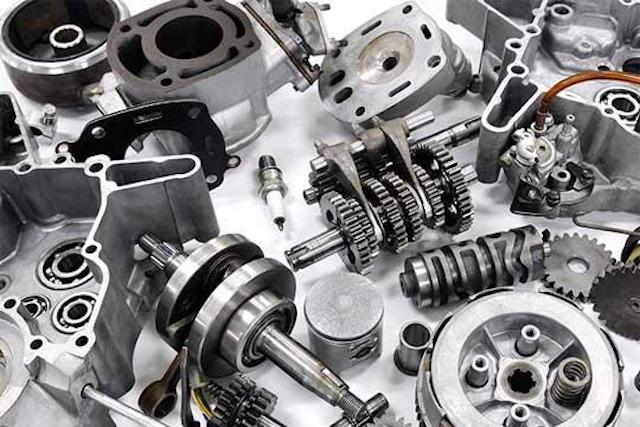
Flexibility in Design
CNC technology enables highly flexible production of Precision Machining Parts. Complex geometries and intricate features that would be impossible to achieve manually can now be accomplished effortlessly. Adjustments to designs can be quickly implemented without retooling. This flexibility enables manufacturers to meet the evolving needs of customers and industry standards. For example, aerospace and medical components often demand intricate shapes with tight tolerances. CNC ensures these specifications are met efficiently. Consequently, flexibility becomes a key advantage when producing diverse Precision Machining Parts for multiple sectors.
Improved Safety
Automation in CNC systems enhances workplace safety in the manufacturing of precision machining parts. Operators are less likely to be exposed to sharp tools and hazardous conditions. Machines handle heavy and repetitive tasks, reducing strain and the risk of injury. Safety protocols integrated into CNC systems further protect employees and maintain compliance. By minimizing human contact with moving parts, manufacturers create safer working environments. Safer operations also increase productivity, as downtime from accidents decreases. Therefore, CNC technology contributes to both efficient production and operator protection in the production of precision machining parts.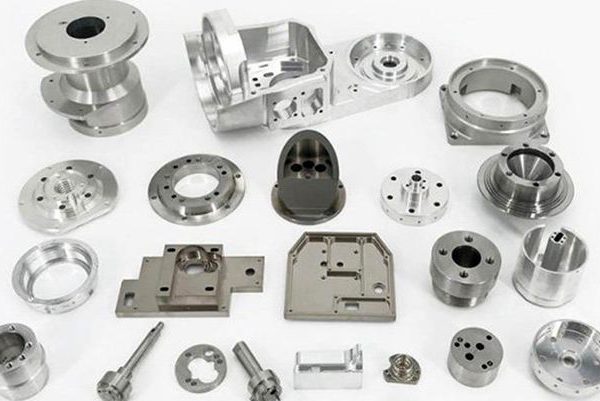
Integration with Advanced Technologies
CNC machines integrate seamlessly with CAD/CAM systems to enhance the design and production of precision machining parts. Digital workflows enable the accurate translation of 3D models into finished components. Additionally, sensors and IoT devices enable predictive maintenance, minimizing machine downtime. Integration improves data analysis, process optimization, and overall efficiency. Manufacturers can simulate operations before actual production, reducing errors and improving output quality. This synergy of technologies accelerates innovation and ensures consistent quality in Precision Parts across all industries.
Cost Efficiency
Despite initial investment, automated machining reduces long-term costs for high-precision component production. Automation lowers labor expenses while minimizing scrap and rework. Faster production cycles lead to increased output, thereby improving the overall return on investment. Maintenance schedules are more predictable, reducing unexpected downtime. Manufacturers can scale operations without proportional increases in workforce. Consequently, CNC enables cost-effective manufacturing without sacrificing quality. These financial advantages make producing precise components more sustainable and profitable for modern companies.
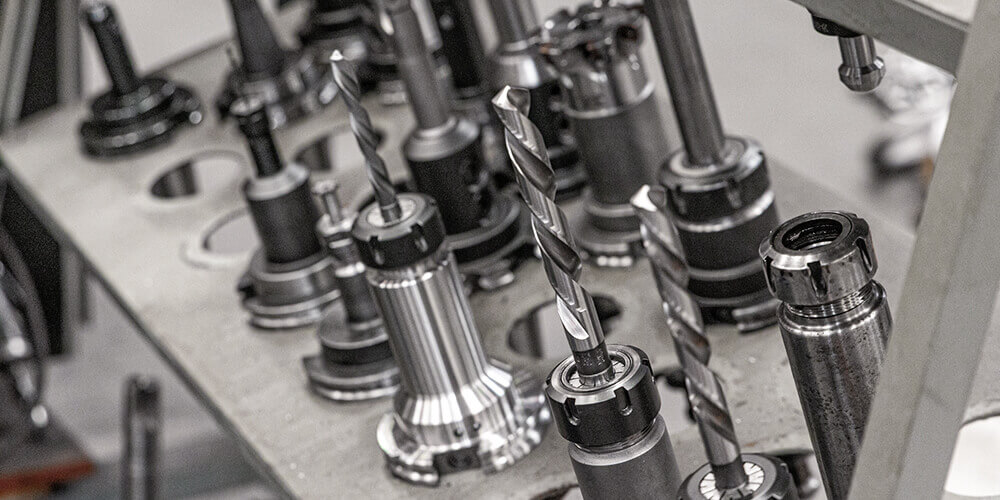
Future of CNC in Precision Machining Parts
The future of Precision Machining Parts relies on CNC advancements. Emerging technologies, such as AI-driven controls and multi-axis systems, further enhance precision and efficiency. Manufacturers can produce complex components faster, with minimal human intervention. CNC continues to evolve, supporting automation, sustainability, and digital integration. Businesses that adopt these technologies gain a competitive advantage in terms of quality and delivery. Ultimately, CNC technology will remain indispensable in shaping the next generation of Precision Machining Parts, ensuring accuracy, efficiency, and reliability for global industries.

